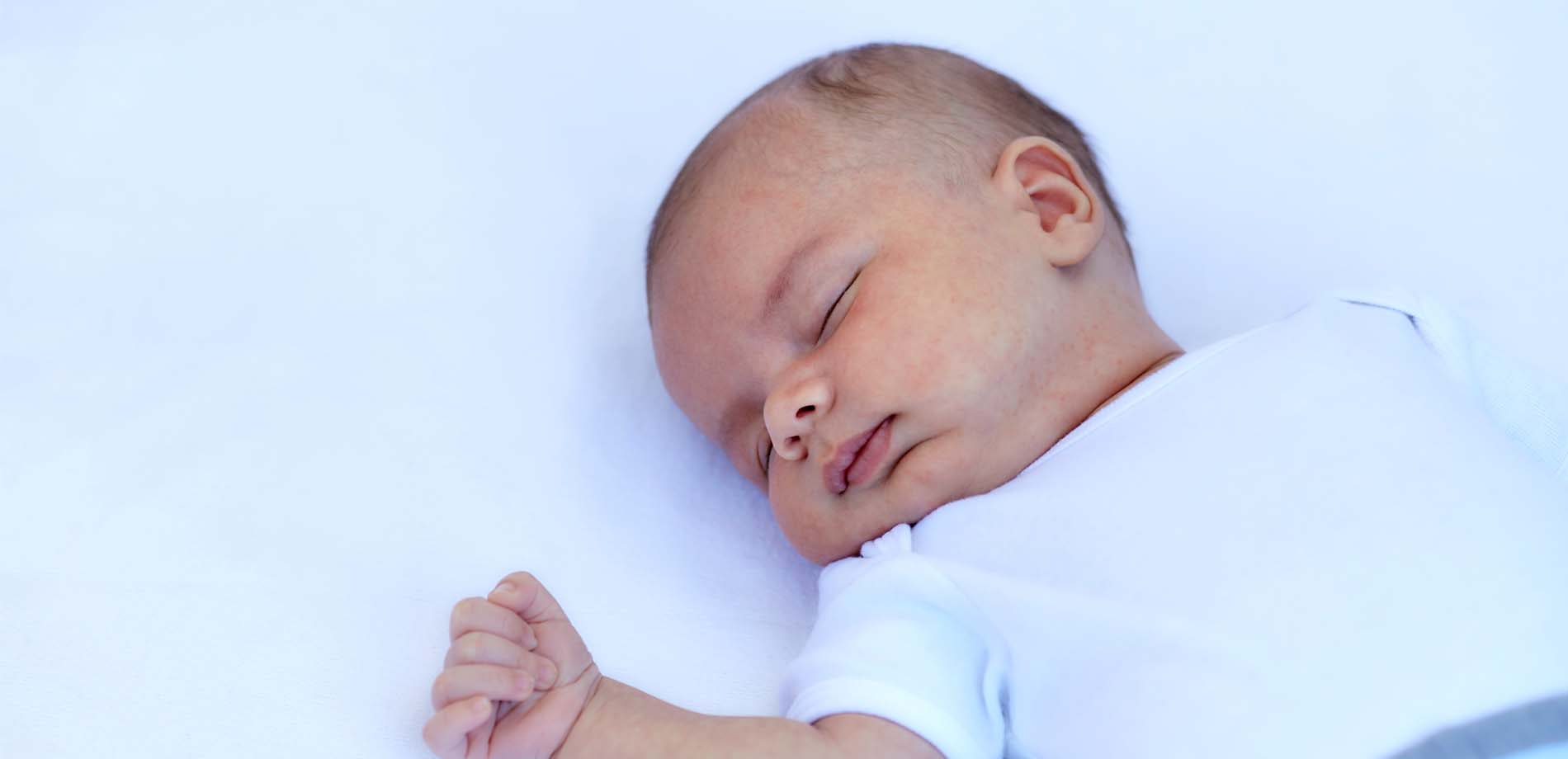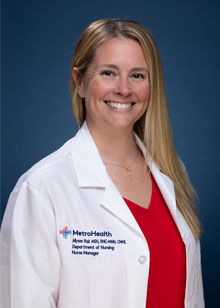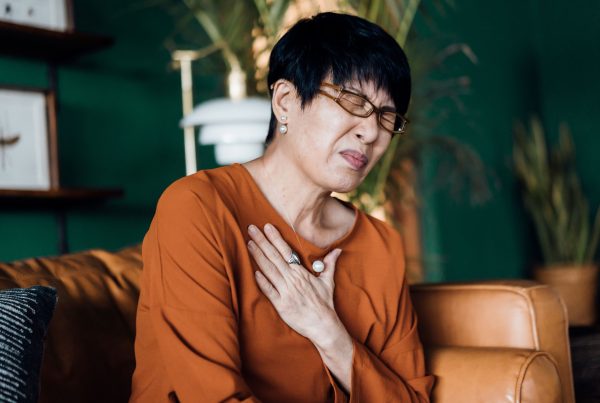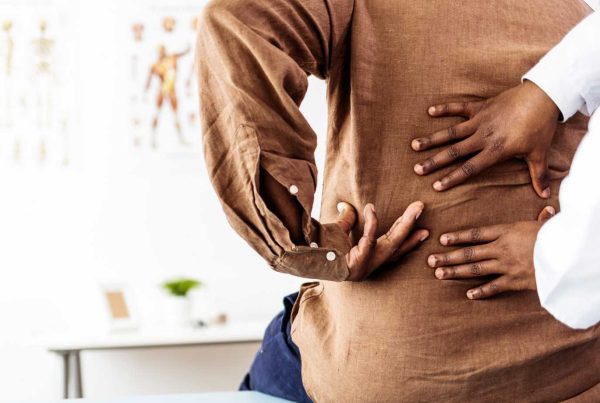Every parent (and grandparent) wants to make sure their infants sleep soundly and safely. Here’s how to best protect your baby.
Contributed by Allyson Rizk, MSN, RNC-MNN, CNML | Nurse Manager Postpartum
First, the good news: Cuyahoga County’s infant mortality rates have declined. But there’s bad news too: unsafe sleep deaths have increased. We lose about 20 babies every year because of sleep-related causes Additionally, Black, non-Hispanic babies have a higher rate of sleep-related deaths than white babies.
The disparity is likely related to access to care and family support, says Allyson Rizk, postpartum nurse manager at MetroHealth. Sleep-related deaths are not the same as SIDS, or sudden infant death syndrome, which is when a baby dies from unexplained reasons, she says. “Sleep-related deaths are preventable. Everyone must get that message and know how to keep babies safe.”
Fortunately, there’s an easy way to remember sleep-safe basics. Be sure to share this information with all of the baby’s caregivers, especially members of an older generation who may not be up to date:
The A, B, C, Ds of Safe Sleep
Spread the safe-sleep message to caregivers
When it comes to babies and sleeping, it can be especially hard to push back against grandparents.
They might say to you, “You slept in my bed as a baby and you turned out fine.”
Or . . . “I always put my babies to sleep on their stomachs and never had a problem.”
The best answer is that we know better now. We have the data. We have to work together to keep babies safe and happily arriving at their first birthday.
MetroHealth Pediatrics
To learn more visit: Safe Sleep Heroes | The MetroHealth System
To schedule an appointment with Pediatrics call 216-778-2222, or visit metrohealth.org/pediatrics












